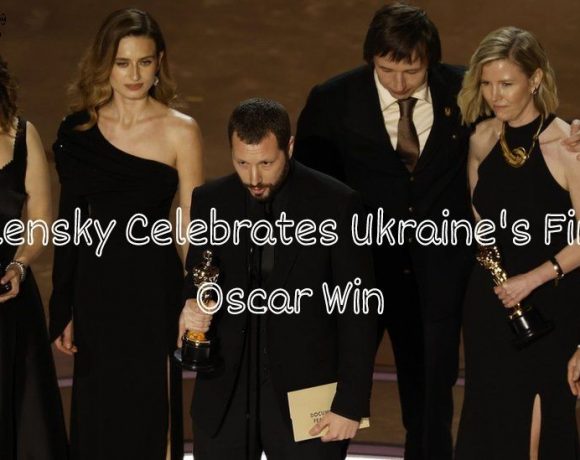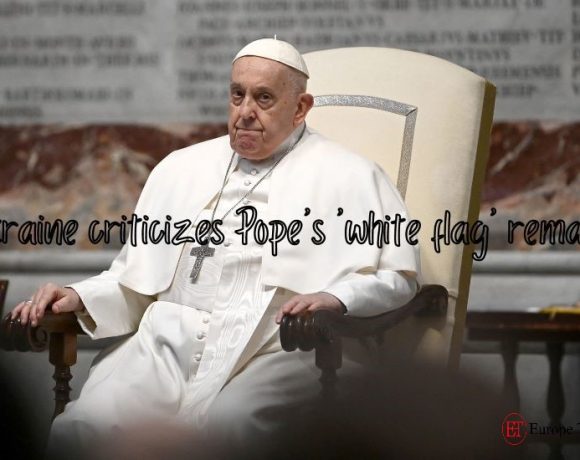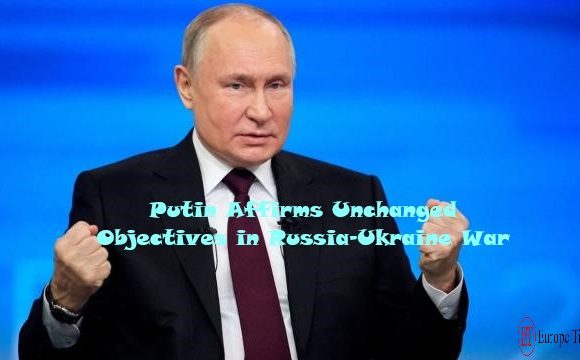
President Volodymyr Zelensky praised the historic win of Ukraine’s first-ever Oscar for the documentary “20 Days In Mariupol,” which depicts Russia’s brutal siege of the port city. Zelensky emphasized that the film reveals the truth about Russian terrorism and sheds light on the suffering endured by Mariupol’s residents during the city’s destruction.
Director Mstyslav Chernov, accepting the award for best documentary feature, expressed his honor at being Ukraine’s inaugural Oscar recipient. Despite this recognition, Chernov expressed regret, stating that he wished he had never had to make the film. He mourned the loss of Ukrainian lives due to Russia’s aggression and called for truth to prevail and the memory of Mariupol’s people to endure.
Chernov concluded his speech with the rallying cry “Slava Ukraini!” (Glory to Ukraine!), echoing the sentiment shared by millions of Ukrainians. The film’s victory is celebrated widely on Ukrainian social media, with many considering it a historic achievement. Chernov and his team risked their lives to document Mariupol’s plight, navigating Russian checkpoints to ensure their footage reached the world.
Mariupol, once a thriving port on the Sea of Azov, suffered extensive destruction at the hands of Russian forces. Despite Russia’s claim of “liberation,” the film serves as a poignant reminder of the devastation inflicted upon the city and its people.
Picture Courtesy: Google/images are subject to copyright


